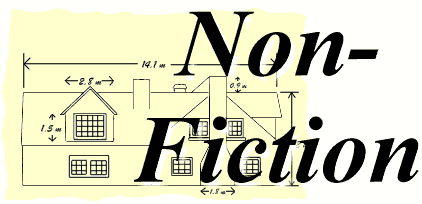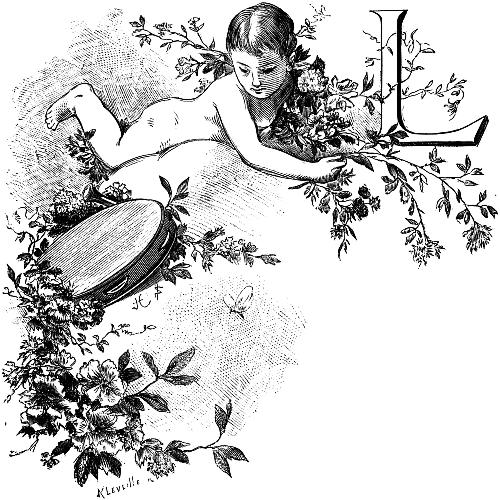Serendip is an independent site partnering with faculty at multiple colleges and universities around the world. Happy exploring!
What Makes an Essay?
What makes an essay?
- The free online dictionary defines the word “essay” as “a short literary composition on a single subject, usually presenting the personal view of the author”.
That definition then leads to the question, ‘What is a composition?’
- The same source cites the word to mean “the combining of distinct parts or elements to form a whole”.
Taking that explanation, an essay would be:
a short combination of distinct elements to form a whole on a single subject that presents the personal view of the author.
The Taft College online writing lab exclusively states that:
“The essay is, first and foremost, essentially true, a piece of non-fiction”.
“Secondly, all essays have definable beginnings, middles, and ending”
So is an essay as a genre
 or
or  ?
?
Think of the innumerable number of scientists, theorists, etc who have lived and produced essays on theories they believed to be true… and were then proven wrong. If the Taft writing lab’s black and white definition of an essay is the “”real” one, then anyone whose writings were disproved or discredited could no longer be called essays. They would just be fabrications of the imagination, fictional articles about nonsensical ideas… never essays.
As taught in middle school and high school, an essay needs to have:
An introduction

A main body

A conclusion

A prime example of what is defined as ................ the basic essay
But does an essay really need a conclusion, a “judgment or decision reached after deliberation”?

says….
“Maybe every essay automatically is in some way experimental-not an outline traveling toward a foregone conclusion but an unmapped quest that has sprung from the word question. I don’t know where the journey ends; otherwise, why call this action journey?
If
This
Has
Been
A
Journey
Then
Where
Might
It




"question mark"



Comments
"An unmapped quest/ion"
Cappadocia - still unmapped.
mkarol--
let me say first, and straight-off, how delighted I am to see you taking advantage of the various modes of citation and visualization that the Internet makes available to you for writing an "essay"; you are definitely reworking the form as you work towards re-presenting and making your ideas "visual"--for which many thanks!
I find myself especially delighted by your representation of the intro, body --well, two bodies (why two?)--and conclusion of the essay as body parts...! I also very much like the definition you use of an essay as "an unmapped quest/ion," and think that your free--even exuberant--use of images to develop your argument very much contributes to the sense of exploration that you are describing.
It probably also won't surprise you (since we've worked together before on generic questions) that it's @ the end of your essay that I think it really takes off, that the journey really begins. You've shown the limitations of the conventional definitions of an essay (particularly convincing is your challenge to its truth claims), but then you only gesture (again, w/ great visuals!) toward an alternative. I'd like to hear more about what an "unmapped journey" might look like, in essay form. This is actually a very pragmatic question: how would you go about teaching students to write in this genre? In Originality: A Figment of our Imagination, tgarber has challenged the way in which the freshman seminars taught @ Bryn Mawr conventionally begin w/ attention to questions of plagiarism and "Writing with Sources." So take a page from her book: how would you move first-year college students beyond the formulaic 5-paragraph theme they all learned to write in high school, into a more exploratory, as yet unmapped, form? How to teach unmapping?? (This is a REAL question; please reply!)
Blog. I think that every
Blog. I think that every freshman should have to post some papers online, exactly like what we've been doing here. To use images, random quotes, unconventional formatting - it's freeing. Taking this course and last semester's genre course definitely reconstructed my idea of what an essay has to be. When I have to write for an audience as large as the entirety of the internet it makes me write more for myself, and to want to experiment.
paradox?
An interesting paradox here--that writing "for an audience as large as the entirety of the internet" "makes you write more for yourself? Why is that? Because the audience is too large to target? Because...?
You can never please
You can never please everyone, so the internet is an infinite target. Once I realized that, I was able to write in my own voice about what I was actually interested in, because what I have to say has to be interesting to at least one person in the world wide web.